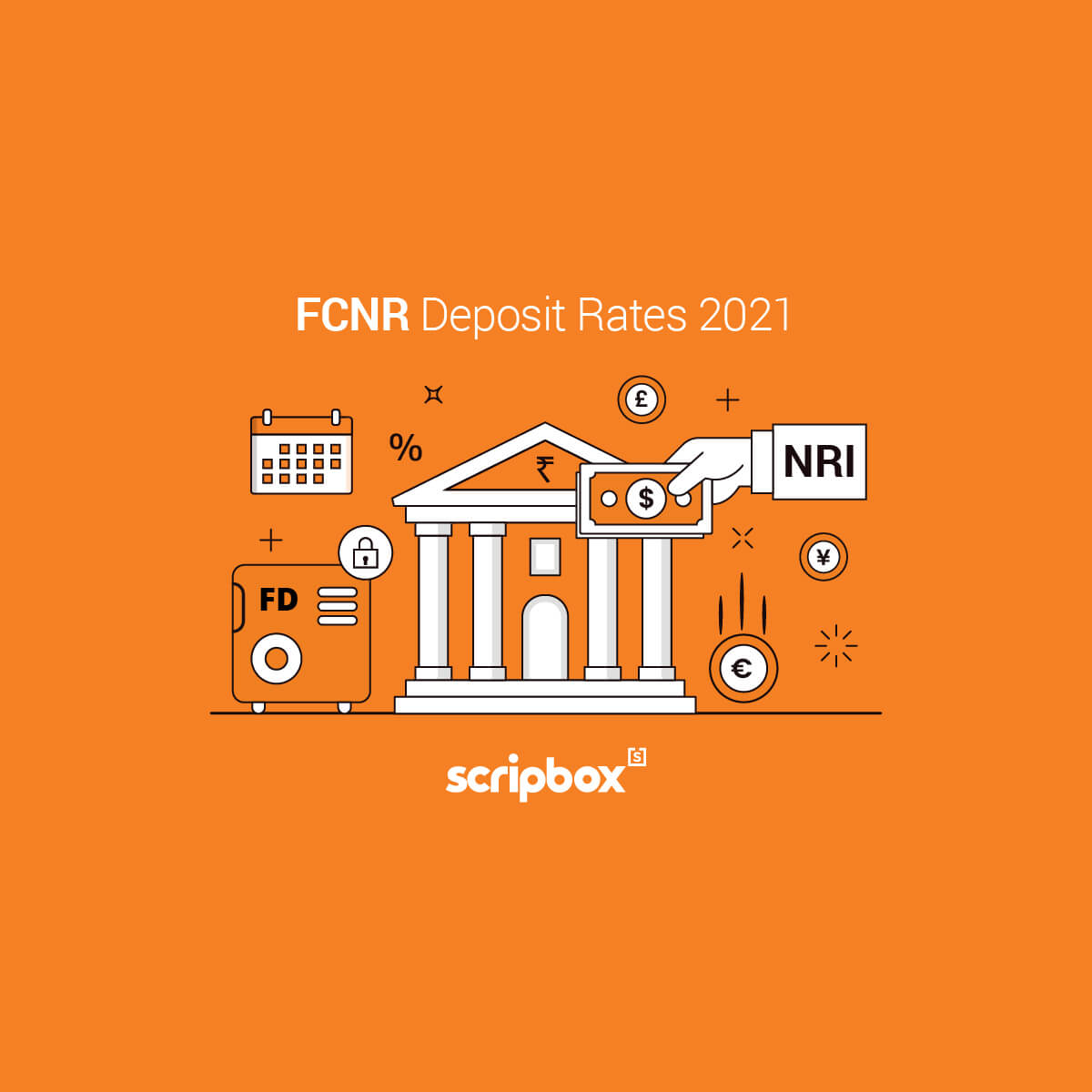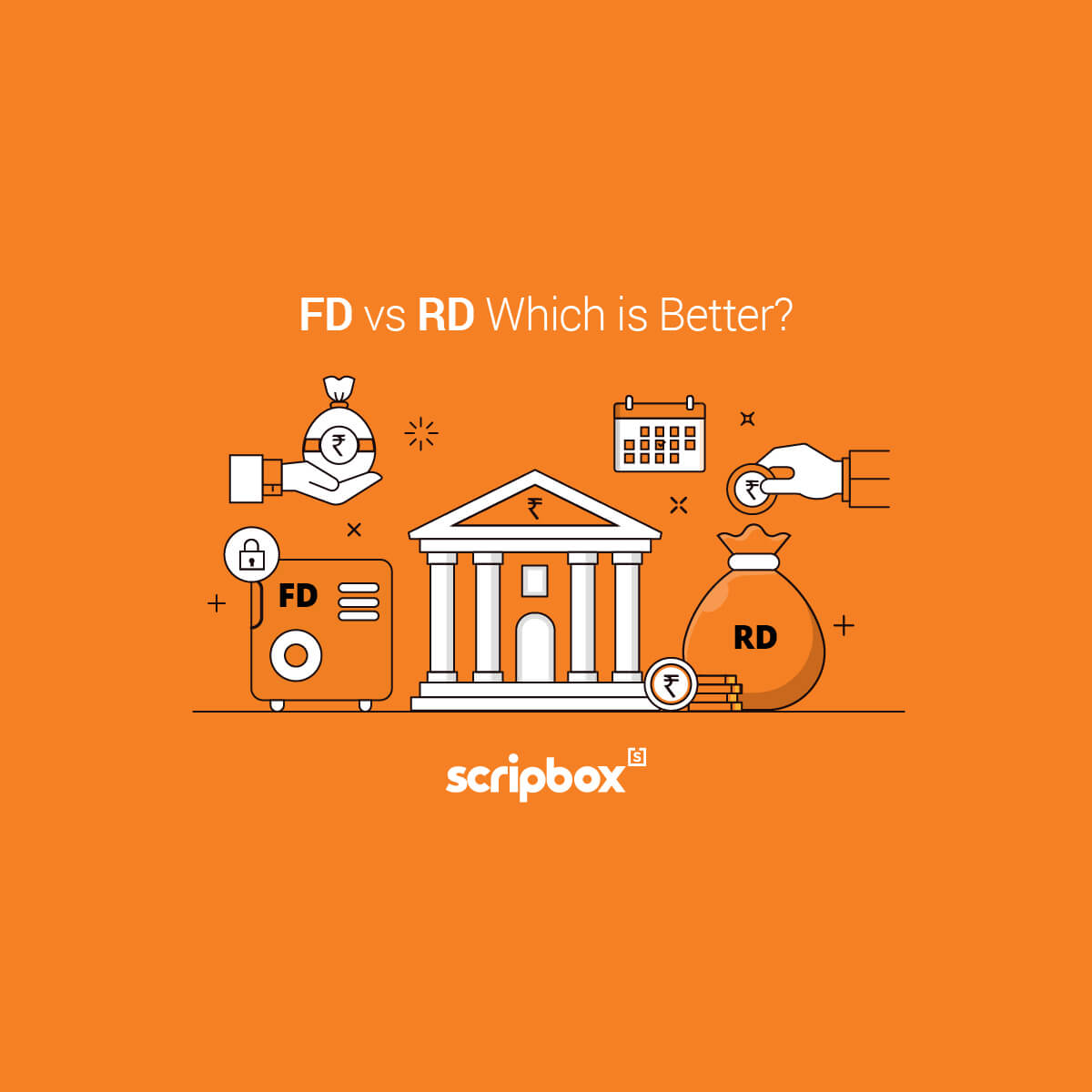PSU banks are government-owned banks, where the majority of the shares are held by the Government of India.. The FD interest rates in government banks are risk-free and a guaranteed return since they are backed by Government of India. A PSU Fixed Deposit not only saves your money but also helps you earn FD interest. Money invested under the Fixed Deposit Scheme is paid as a one-time payment (at the time of opening the account) for a fixed tenure. Furthermore, the FD interest rate under these schemes depends on the bank, the amount, tenure, and the depositor.
PSU Bank FD Rates January 2026
| Bank | Regular Interest Rates (p.a.) | Senior Citizen Interest Rates (p.a.) |
| State Bank of India | 3.00% – 7.10% | 4.00% – 7.60% |
| UCO Bank | 2.90% – 7.05% | 3.15% – 7.55% |
| City Union Bank | 5.0% – 7.0% | 5.0% – 7.50% |
| Bank of Maharashtra | 2.75% – 7.00% | 2.75% – 7.50% |
| Punjab National Bank | 3.5% – 7.3% | 4.0% – 7.8% |
| Canara Bank | 4.0% – 7.25% | 4.0% – 7.75% |
| Bank of India | 3.00% – 7.25% | 3.00% – 7.75% |
| Indian Overseas Bank | 4.00% – 7.25% | 4.50% – 7.75% |
| Bank of Baroda | 3.0% – 7.25% | 3.5% – 7.75% |
| Union Bank of India | 3.0% – 7.0% | 3.5% – 7.5% |
| Indian Bank | 2.8% – 7.25% | 2.8% – 7.75% |
| Central Bank | 3.5% – 6.75% | 4.0% – 7.25% |
| IDBI Bank | 3.0% – 7.15% | 3.5% – 7.65% |
| Punjab and Sindh Bank | 2.8% – 7.40% | 2.80% – 7.85% |
Visit:
- Highest Fixed Deposit Rates in India 2026
- Highest Fixed Deposit Rates for 1 Years in 2026
- Highest Fixed Deposit Rates for 3 Years in 2026
- Highest Fixed Deposit Rates for 5 Years in 2026
- Highest Fixed Deposit Rates for Senior Citizens in 2026
What is a Fixed Deposit?
Fixed Deposits are relatively risk-free investment with a guaranteed return. These are a kind of financial instrument that Banks and Non-Banking Financial Companies offers. These Companies assure investors a higher interest rate other than the regular savings account over a fixed period of time.
Fixed Deposit is also known as Term Deposit. As the name term deposit suggests, the amount once invested cannot be withdrawn before the maturity date. Depending on the Bank’s policy, some banks may also provide additional services to the FD Holders. These services can be like loan against the Fixed Deposit, higher interest rate, withdrawal before the maturity date on certain circumstances.
The tenure of a Fixed Deposit can range from a minimum of 7 days and can also go as high as 10 years. The longer the tenure the higher the interest. Money invested in a Fixed Deposit Scheme yields more returns compared to Recurring or Demand Deposit.
Types of Fixed Deposit In India
There are various types of FD schemes that vary from tenure, interest rates, age of the depositor.
Let us now discuss the various types of Fixed Deposit available in India:
- Normal Fixed Deposit: These are the traditional Fixed Deposit Scheme offered by Banks. These Schemes do not require you to open a separate account. Here, the tenure under these Schemes ranges from 7 days to 10 years. Interest rates accumulated under these Schemes may vary from 4% to 7.50% which is higher than a normal savings account.
- Tax Saving FD: Tax saving fixed deposit Schemes offer tax exemption on the principal amount of up to Rs. 1.5 lakhs in a year. There is a fixed lock-in period of 5 years within which period you are not allowed to withdraw the amount. A lump sum amount can be deposited at the time of the opening of the account.
- Flexible Fixed Deposit: The banks in India offer a special kind of deposits named flexi deposit. As the name suggests, this deposit is flexible in nature. It is a combination of both a demand deposit and a fixed deposit. Here the depositor enjoys the benefits of liquidity and high returns of fixed deposit at the same time.
- Senior Citizen FD: These Schemes are applicable for individuals above 60 years only. Senior citizens FDs are offered at higher FD rate of interest which may range from 0.25% to 0.50% higher than the existing rate. The tenure under these schemes is flexible.
- Cumulative Fixed Deposit: There is no fixed interest rate under these Schemes. This Deposit helps grow corpus substantially as the interest rates compounding takes place quarterly or yearly and paid at the time of maturity.
- Non- cumulative Fixed Deposit: These Schemes are best suited for the retired individual or pensioners. Under these schemes, interest rates are paid out either monthly, quarterly, half-yearly or annually, as per the choice of the depositor. It is a good source of income post-retirement.
Things to Know About Fixed Deposits
Fixed Deposits have been popular as they provide safety and security on the principal amount invested if a good bank is chosen. They help you in managing your financial goals and provide future security. Investments made in Fixed Deposits now can involve securing your child’s future, his/her education, marriage or future unexpected emergencies.
However, it is very important to keep the following points in mind before investing in a Fixed Deposit:
- Safety: Fixed Deposits are the most secured investment which includes guaranteed return. However, credit agencies do not rate the Fixed Deposits offering by corporates and other Non- Banking agencies. Before making an investment with these agencies check their ratings and invest wisely.
- Tenure: The tenure under these schemes ranges from 7 days minimum to a maximum of 10 years. To conclude it is very important to choose a tenure best suited to you. This is because a premature withdrawal attracts huge penalties which would further reduce the total interest amount earned.
- Minimum Amount: The deposit amount varies from company to company. Every company has a minimum amount and a maximum limit. It is advisable to check with the company before making an investment in Fixed Deposit.
- Fixed Deposit Interest Rate: Different companies offer different interest rates on FD and the same depends entirely on their discretion. Corporates offer Fixed Deposit schemes that pay interests on both cumulative and non-cumulative basis, depending on what you choose.
- Advantages for Senior Citizen: Fixed Deposits are considered a good investment option as they give high returns along with an alternative income during the retirement days.
- Tax Deduction: Fixed Deposits also gives tax exemption under section 80C of the Income Tax Act. An investor can claim a maximum of Rs. 1.5 lakh by investing in tax-saving Fixed Deposit only
Hence, Fixed Deposits are considered the safest investment which helps in achieving both financial goals of future security. They also provide regular future income and help in building a corpus without any risk.
Why does the FD interest rate keep changing?
The Fixed Deposit interest rate is a factor of state of the economy and consequent monetary policy adopted by RBI. The factors leading to either increase or decrease in fixed deposit rates are the following:
Fixed Deposit rates are linked to the rates of inflation as investors expect a positive real rate of return
- While adequate liquidity scenario would not force borrowers for aggressive borrowing rate, the case is opposite during tight liquidity position
- Demand and supply conditions for credit causes changes in fixed deposit rates
- The anticipation of changes in monetary policy or cut in lending rates
- Falling call rates, borrowers own fund costs, credit demand, etc denote to variance in fixed deposit rates.
How to open an FD account?
You can either open an FD account online or by visiting the branch office. Most of the banks offer both facilities and you can choose any method to open an account. All you have to do is fill in the required form with the required details and submit the documents required. If your KYC is already completed with the bank, you can open an FD account using internet banking of savings or current account. Hence, you don’t need to submit documents required for every deposit
For creating online Fixed Deposit account, the following steps have to be followed-
- Firstly, make sure you already have an account with the preferred bank
- Secondly, Login to your saving or current account
- Thirdly, click on the menu. Here you will find the deposit/transaction option.
- Fourthly, select the Fixed Deposit option and click on create a new fixed deposit account.
- Lastly, Fill in all the details like principal amount, tenure, nominee, etc.
- The amount thereafter will be automatically debited from your savings account to the new fixed deposit account.
- Finally, you will then receive a downloadable online receipt
For opening an in-person account the following steps have to be followed:
- Visit the branch preferred by you and fill in the Fixed Deposit application form. The form may be obtained online and filled up or can be taken from the branch itself.
- Now if you don’t have an existing account, furnish KYC documents required like pan card, address proof identity proof, etc.
- The documents required for KYC have to be submitted with the signed application form.
- Then you can deposit in your Fixed Deposit account can be through cheque, online transfer, or debit cards. Do check on if your bank accepts debit cards before making the payment.
You may also like to read about the Fixed Deposit Double Scheme
Explore Best Banks in India
Frequently Asked Questions
Maturity value is the total amount payable to an investor at the end of the maturity period. It is the sum total of your principal amount invested together with the pre-decided return so earned over the period of the tenure.
You can easily calculate the maturity value using the Scripbox’s Fixed Deposit Calculator. The Scripbox Fixed Deposit calculator can be used online by following the simple steps –
1. Visit the Scripbox website.
2. Now fill in the required information like fixed deposit amount, compounding period ie., monthly, quarterly, half-yearly, or annually.
3. Choose the tenure in years and the rate of interest.
4. On the basis of the details, the calculator calculates total investment, wealth gained, and the maturity value thereof.
Yes. Only Fixed Deposits with premature withdrawal facility allows the depositors to withdraw the Fixed Deposit before maturity. However, an individual needs to pay a certain amount as a penalty to the bank. The penalty ranges from 0.5% to 1% depending on the discretion of the bank.
If the Fixed Deposit is withdrawn before completing the minimum tenure the bank shall not be liable to pay any interest.
Yes. An investor can avail loans against fixed deposits. You can pledge your Fixed Deposit in return for a loan. The amount of loan to be sanctioned shall depend on the deposit amount. The loan can go up to 90%-95% of the deposit amount. Here, you do not have to give security of anything else rather than the Fixed Deposit itself and get a loan in return.
However, the loan is not available against Fixed Deposits in the name of a minor. Also, depositors of a 5-year tax-saving Fixed Deposit cannot apply for a loan.
Upon maturity, the depositor has two options either to withdraw or to renew. The renewal clause is available as an auto-renewal feature. Here the bank automatically renews your Fixed Deposit. The renewal is for the initial tenure and on the same rate of interest
This is a kind of Fixed Deposit wherein you can get tax exemption under section 80 C. A maximum of Rs. 1.5 lakh deduction can be claimed by an investor by investing in tax saver Fixed Deposit.
Yes. You can get monthly interest on Fixed Deposit if you choose periodic payouts by selecting monthly frequency. When you invest your money in Fixed deposits you obtain interest on the principal amount you pay. Thus interest so earned can be generated either monthly, quarterly, half-yearly or annually depending on the plan you choose.
Yes. Interest earned in Fixed Deposits is fully taxable. Interest on Fixed Deposits will be added to the total income of the year. Subsequently, this will be taxed as per the applicable tax slab rate.
So it is also important to note that the interest earned on Fixed Deposits is liable for withholding tax requirements. There will be tax deducted at source if the interest earned is greater than Rs. 10,000.
Fixed Deposits are one of the most preferred traditional investment options among investors. These are the safest and most secure investment options if done with credible institutions. In fact, many investors prefer it for building a corpus and also for saving tax. The 5-year Fixed Deposit has a tax exemption under section 80C. Fixed Deposits also offer higher interest rates as compared to the savings account, demand accounts, or recurring accounts.
The tenure of investment in Fixed Deposits varies from bank to bank. While the minimum tenure of an FD can range from 7 days and the maximum tenure can go as high as 10 years. The longer the tenure the higher the interest, generally.























Show comments